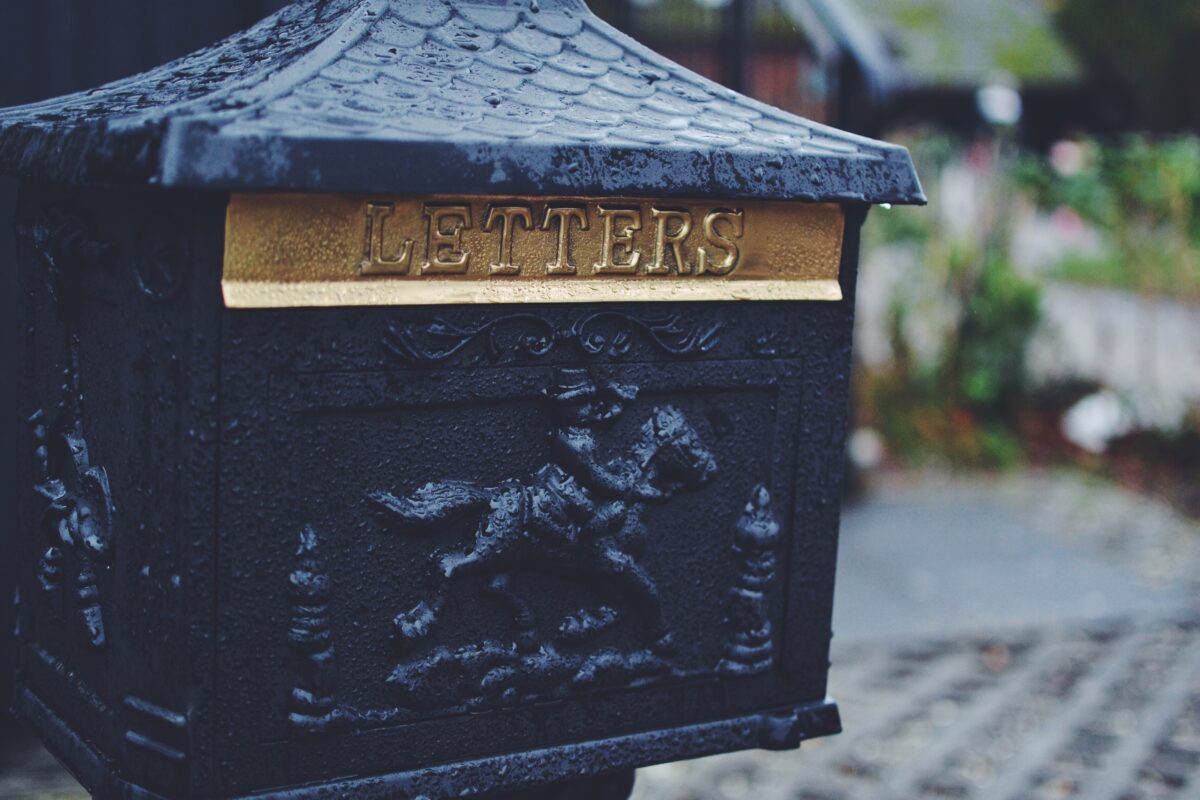May 19th, 2022.
I will start with my usual disclaimer about immigration advice.
I am not an immigration/emigration advisor so nothing I say should be interpreted as giving advice.
What I can do is provide facts and my interpretation of them as to how they affect me and the population at large.
There is now open warfare between the Chancellor, the Prime Minister and the Governor of the Bank of England. Inflation is running at 9.1%, up from 7% at the end of March. This is the fastest rise in 30 years. The Bank of England was given independence from political interference years ago (yeah, right) so that it could carry out its remit of controlling inflation at 2%. The Governor is blaming the world and events, the Chancellor is blaming the Governor and Johnson is blaming anyone but himself.
Wiser people than me are forecasting inflation of 12% upwards by next year and the banks are resisting pressure to substantially increase interest rates. There is political pressure as there is now public pressure developing over the increase in the cost of living.
Power costs are due to double by the end of the year and the CEO of E-ON was on TV on Sunday forecasting that the average spend on power by the end of the year will be over 10% of a household’s income. According to the Joseph Rowntree Trust, energy bills would amount to 6% of the average income of a middle-income family but 18% for a low-income family. This would rise to 25% for lone parents and couples without children, while single-adult households on low incomes could be forced to spend 54% of their income on gas and electricity.
In September 2021 the average spend on power was £1,138 per year. This is forecast to be £2,276 by the end of the year. To help alleviate this, the Government is giving each household a one-off rates rebate of £150 in October and a £200 reduction in their power bill in October. This £200 is however a loan and will be paid back in instalments of £40 a year over the next 5 years.
The official consumer prices index (CPI) measure of inflation surged to 9% in the year to April, its highest level in 40 years due to higher energy and fuel costs.
This means that goods and services are 9% more expensive compared to a year ago.
The retail prices index (RPI) is an older measure which tends to be higher than CPI, measuring 11.1%.
- RPI includes mortgage interest payments: this means it is “heavily influenced” by house prices and interest rates
- CPI measures take no account of housing costs, but factor in all the other goods and services
Meanwhile, wages increased by 4%.
I list below some typical prices for goods, from Morrison’s supermarkets.
- Anchor butter 250g £2.00
- Semi skimmed milk 1 litre £1.25
- Single cream 300ml £1.00
- Large free range eggs dozen £2.09
- Large toastie sliced loaf 75p to £1.25
- Mature cheddar cheese varies tremendously ranges from £4.43 to £9.17 per kg
- Camembert 150g £2.00
- Sliced ham varies from £9.00 to £15.00 per kg
- Chicken breast fillets £6.34 per kg
- Whole chicken medium 1.45 kg £3.59 (£2.48 per kg).
- Beef mince £4.78 per kg
- Rump steak £15.19 per kg
- Lamb (average 2.25 kg) whole leg roast £13.00 per kg
- Lamb loin chops £14.58 per kg
- Kiwifruit 31.3p each
- Apples Braeburn 28.2p each
- Peaches 50p each
- Oyster Bay Sauvignon Blanc £7.99
- Foster’s Lager 10 x 440ml £9.25
- Premium whisky £20.00 but often subject to special prices. Eg Grants.
- Coca Cola 24 x 330 ml £11.99
I have tried to give a cross-section of food costs and of course with the variety of products and competition from 4 major supermarkets, 2 discounters and 2 premium stores, the prices and quality will vary.
If I were to quote these prices in a couple of months’ time they will probably have increased by 10%. The only thing limiting the increases is the competition between the stores and the rise of the discounters (Lidl and Aldi).
In the UK all basic food is free from VAT (GST) so these prices reflect that. In typical UK fashion though luxuries such as cakes are subject to VAT, but biscuits are not!
The bottom line is that the price movements are putting immense pressure on the poorest in society and cases of shoplifting are increasing. Indeed, some stores have security tags on joints of meat as well as spirits. One chief constable has even given discreet instructions to his officers to go easy on shoplifters. One well-known consumer and financial guru (Martin Lewis) has warned that the price movements have the possibility of causing civil unrest as inflation starts to bite.
In the light of all this, millionaire chef Jamie Oliver has decided to continue his fight against obesity and campaign against BOGOF (Buy One Get One Free) special offers. This shows complete arrogance and lack of understanding of poverty when people are having to make difficult decisions to feed a family and he is worth millions. It may be that what poor people buy isn’t necessarily an ideal diet, but if it stops a child’s empty belly of course they will take advantage of BOGOFs. Talk about let them eat cake!
Just on an anecdotal basis, prices are going through the roof and the above examples are changing weekly.

